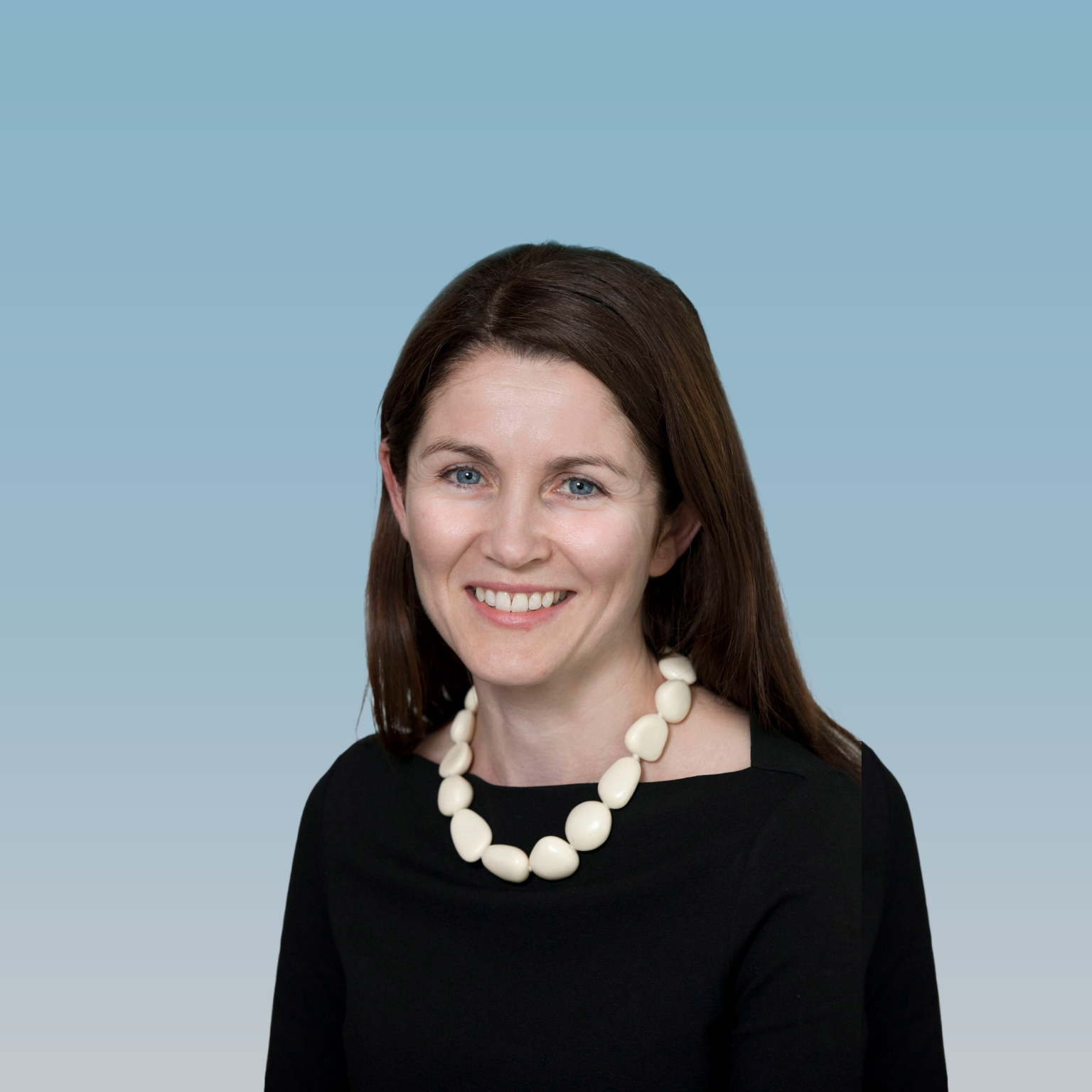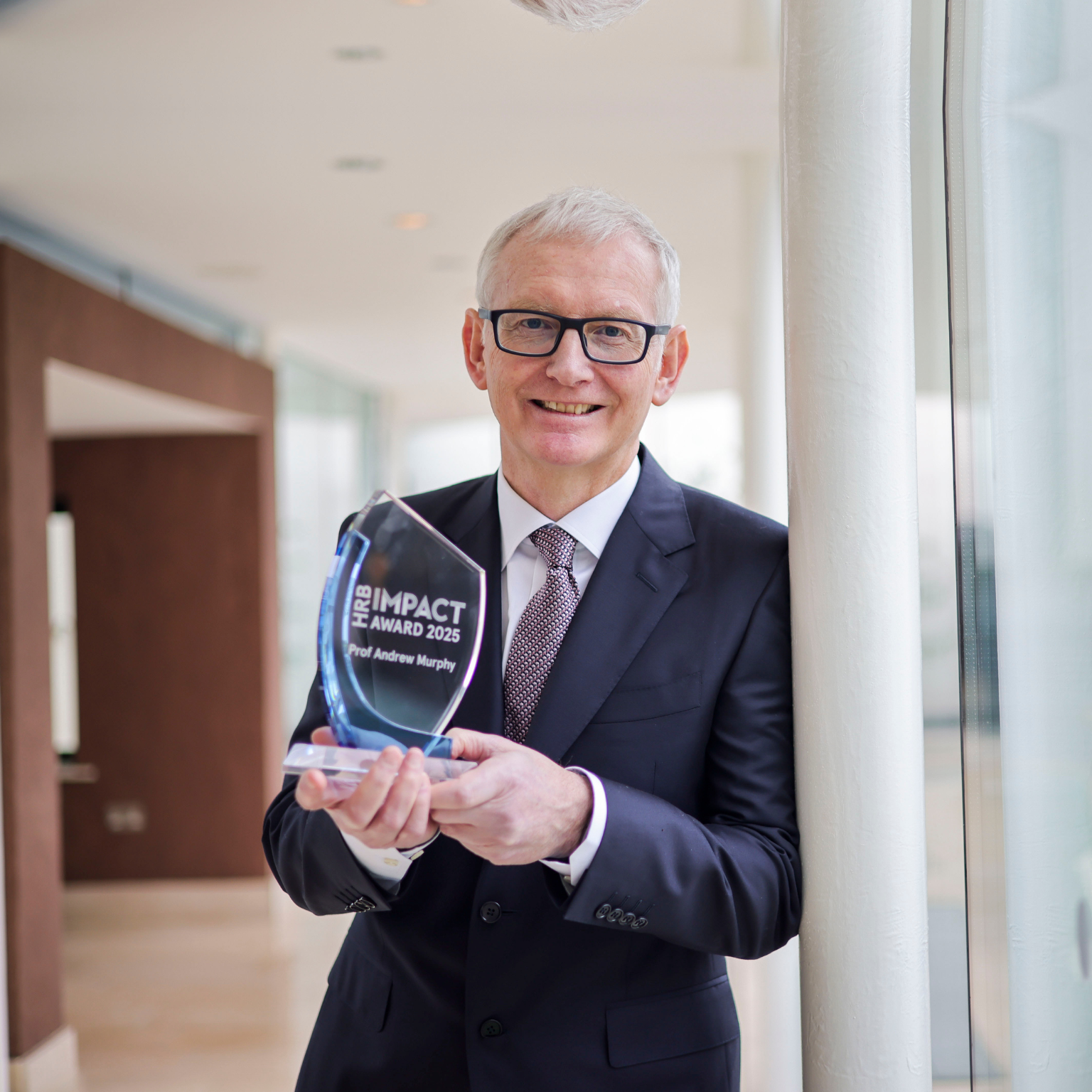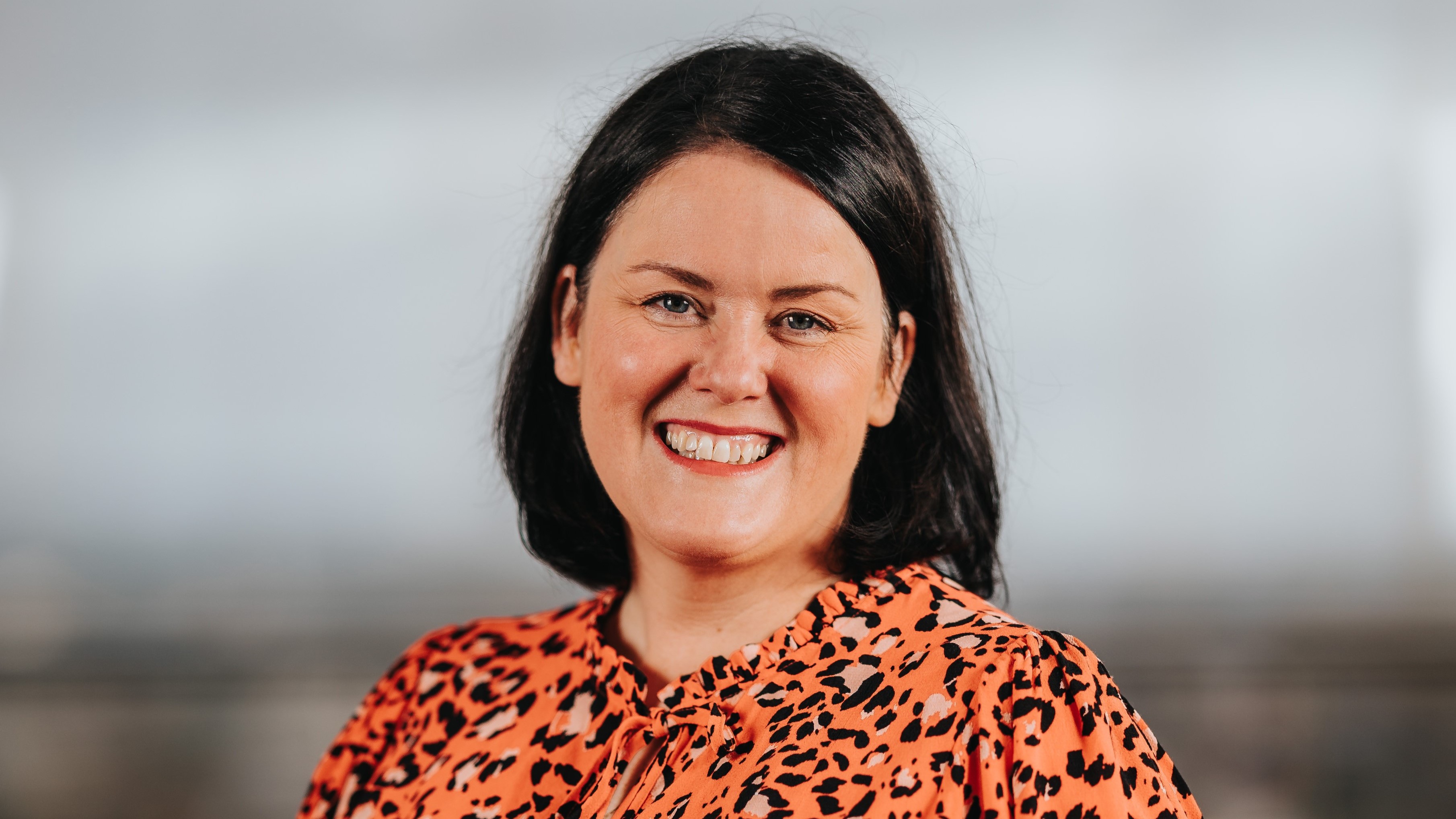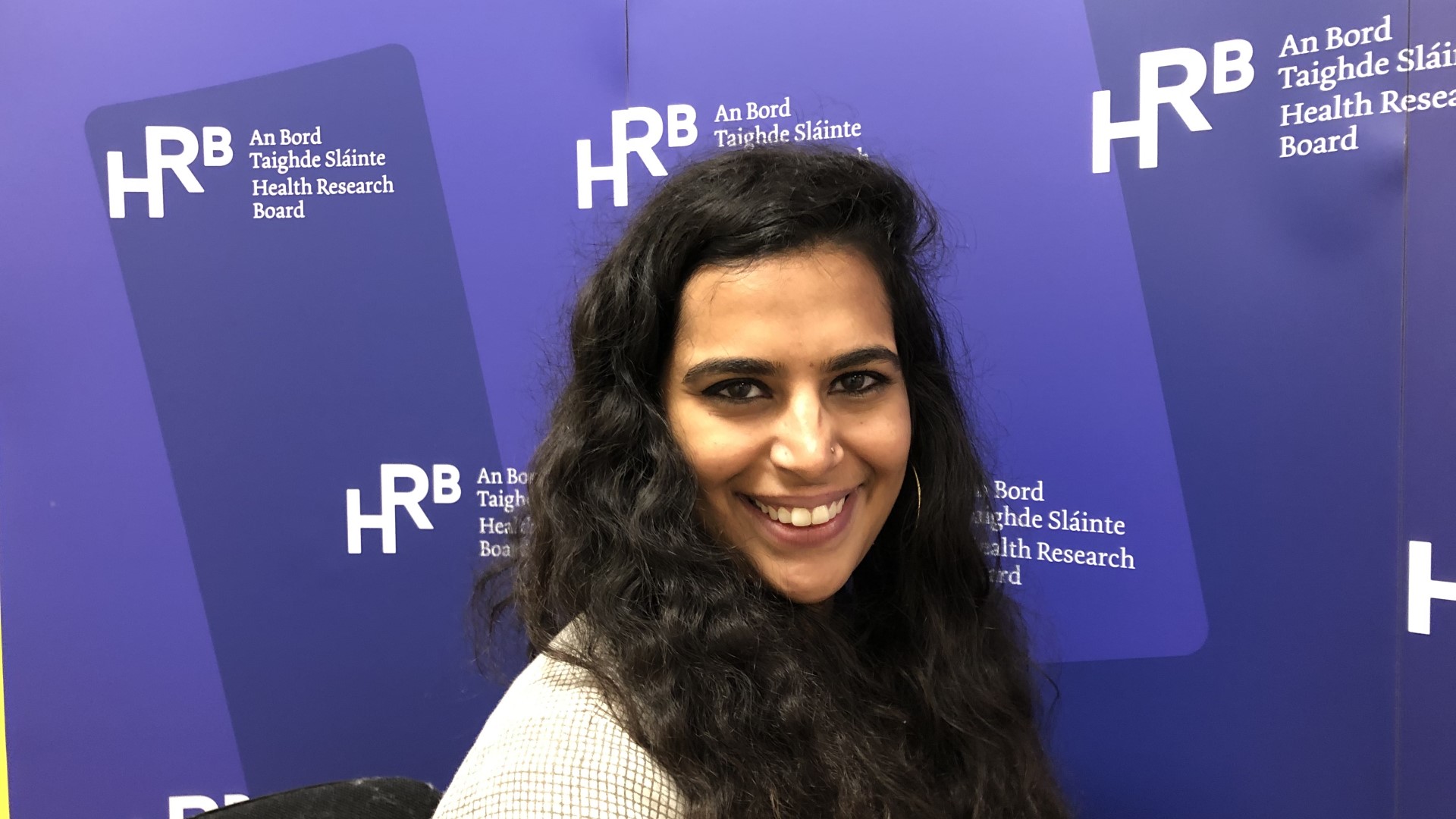Mind the kids – understanding the early signs of psychosis
7 min read - 30 May 2017
How well do we know our own minds? There’s plenty to learn, and Professor Mary Cannon is diving in. Her work is discovering more about how we could spot the early signs that someone is at risk of developing psychosis later in life and pointing to timely interventions that could help protect the developing mind.
Through that research, Mary is breaking new ground; challenging our previous perceptions of ‘symptoms’ such as hearing voices (which is more common than you might think) and showing how stopping children being bullied could help to safeguard their future mental health.
Early influence
Mary’s interest in the developing mind probably came in part from her mother, who was a primary school principal and who could intuitively spot the signs early on that some children needed a little more support.
‘My mother could tell – pretty much from junior infants – which kids would have difficulties and which ones would do well as they went through school and beyond’, recalls Mary, who is now Professor of Psychiatric Epidemiology and Youth Mental Health in the Royal College of Surgeons in Ireland (RCSI) and a Consultant Psychiatrist at Beaumont Hospital.
‘As a teacher she knew the importance of watching out for them, and I found it interesting that the signs were there so early on’.
When Mary went on to study medicine at University College Dublin and then specialised in psychiatry at St John of God Hospital in Stillorgan, this theme came up again: she noticed that adults with psychiatric conditions had often shown signs earlier in life that something might be brewing.
‘Psychiatry is split into child and adult psychiatry, and psychiatrists have to choose to specialise in one or the other but it’s an arbitrary distinction’, she says. ‘Many, in fact most, people who have psychiatric problems as adults will have shown some early behaviours, risk factors or signs when they were under 18, and what you see in adulthood is often a follow-on from something earlier. Many young people fall through the gap in services at age 18 when they need services the most, and there is a need for a new way of thinking in mental health to extending the same supports and services to all young people from 12 up to age 25 or even 30’.
Building up research
Mary became interested in research, inspired by the late Professor Eadbhard O’Callaghan, and began to look at the early determinants of psychiatric health when she worked in England.
In 2004, Mary and her husband (Professor David Cotter, also a psychiatrist) moved back to Ireland and Mary was fortunate to be successful in her application for one of the first Clinician-Scientist awards introduced by the Health Research Board (HRB).
‘That gave me the support I needed to really focus on research at this crucial stage’, she says. ‘It is hard to combine clinical work, and research – the timelines and demands are very different. So getting this funding from the HRB meant I had the resources to build up a research group in RCSI and to bring in really great people like Dr Ian Kelleher and Dr Mary Clarke, who now have research groups of their own’.
Digging into data
Mary and her colleagues have worked with data gathered from various countries to try and identify factors that predispose someone to psychosis and other mental health conditions, and to look at how those factors interact. They have also started studies on young people in Ireland to gather information about mental health and brain development during adolescence and into young adulthood.
But teasing out the links between genetics, events (such as trauma or bullying), warning signs and risk factors for later mental illness is no easy task.
‘There is a whole range of risk factors that have varying influences and we don’t understand yet if and how they interact – there is never just one single cause for a mental disorder’, explains Mary. ‘Some of the events that can increase the risk for later mental disorder such as psychosis include birth complications, early childhood adversity, bullying and adolescent cannabis use’.
Hearing voices and stopping bullying
One of the most groundbreaking findings to come out of her group’s research is how common it is for young people to have ‘auditory hallucinations’ or hear voices in their heads.
The public perception may be that hearing voices is a symptom of a psychotic condition such as schizophrenia, but when Mary and colleagues went looking, they found that as many as one in five young people and adolescents report hearing voices in their heads yet the vast majority of them do not go on to develop a psychiatric condition.
‘That was amazing when we saw that result coming out of the study’, recalls Mary. ‘I couldn’t believe that so many kids were having this experience, but then again people hadn’t looked at this before. Nobody had asked young people if this happened to them. It turns out that it is reasonably normal and not necessarily linked with a disease, so we need to break down that stigma about hearing voices just as we are doing about other mental health problems.
‘Of course the people who hear voices may be more at risk of later psychosis or anxiety or depression so they could perhaps do with more support, but our finding that it was so widespread was a game-changer and now we see that more psychiatrists are asking children about this’.
Mary’s group has also been looking at the longer-term effects of bullying on mental health, finding that bullying in childhood brings with it a risk of mental health problems later on.
‘Importantly we see that if the bullying is stopped, the child is less at risk for developing mental health problems later’, she says. ‘That’s the big finding, because it gives us even more impetus for interventions to stop this kind of stress for young people’.
Mind recognised
In 2014, Mary’s own mind was honoured when she was named in the Thomson Reuters ‘World’s Most Influential Scientific Minds’ report. It honoured around 3,000 of the most highly cited scientists in the world, and Mary was the only woman among 11 Irish researchers on the list.
‘That was a big surprise’, she recalls. ‘I didn’t even know I was featured on the list until people started emailing me, it was such an honour’.
Her work continues to go from strength to strength, and last year she won a prestigious European Research Council (ERC) Consolidator Grant for 1.7m Euro to continue her research into psychotic experiences in young people. Of 2,274 applications from across Europe to the ERC for grants, just 314 were funded, and Mary was the only researcher in an Irish institution to be awarded.
She is using the award to explore why some young people hear voices in their heads and others don’t, and to explore how we might identify those among the ‘voice-hearers’ who are at risk of later psychosis:
‘This will ultimately help us to develop new interventions that can help to protect these young people as they move towards adulthood’.
7 min read - 30 May 2017



